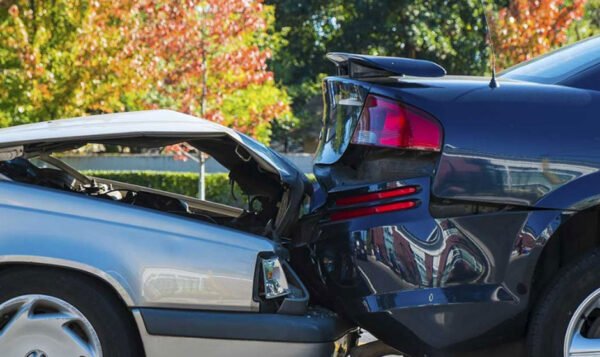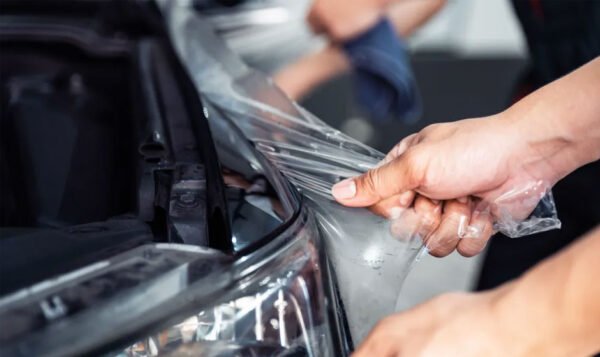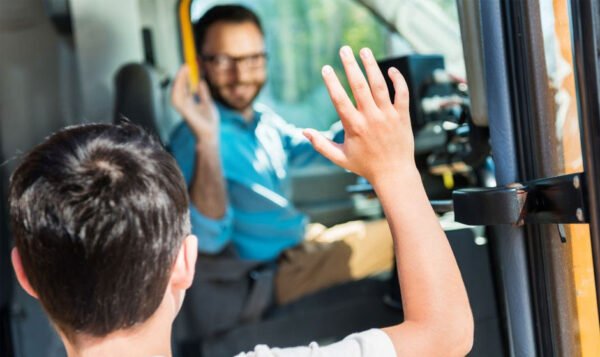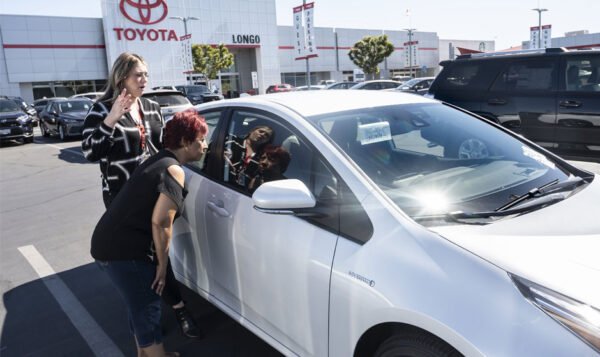What are the common garage door problems?
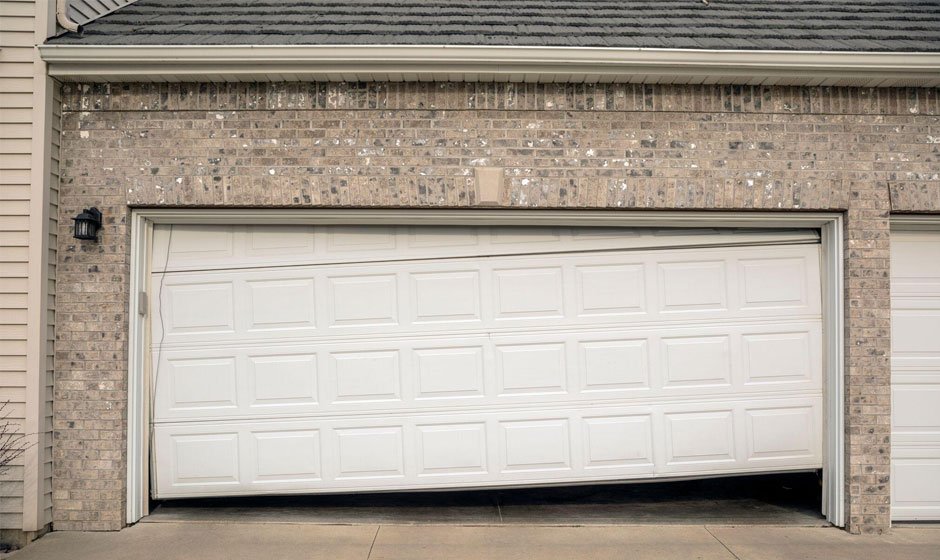
Garage doors are an integral part of our homes, providing convenience, security, and protection for our vehicles and belongings. Nevertheless, like any mechanical system, garage doors can experience various issues over time. Comprehending these common problems and their solutions is essential for maintaining the functionality and safety of your garage door. We will explore some of the most prevalent garage door problems homeowners encounter, along with practical solutions for each issue.
Most prevalent garage door problems
1. Broken Springs
One of the most common garage door problems is broken springs. Garage door springs are crucial in counterbalancing the door’s weight, making it easier to open and close. When a spring breaks, the door becomes heavy and challenging to operate. Replacing garage door springs is a job best left to professionals due to the potential dangers involved. Attempting to repair or replace springs without the necessary expertise and tools can lead to accidents and injuries. Contact a reputable garage door repair service to inspect and replace the broken spring promptly.
2. Noisy Garage Door
A noisy garage door can significantly irritate if it disrupts your peace or disturbs your neighbors. Various factors, such as worn-out rollers, loose hardware, or insufficient lubrication, may cause the noise. Regular maintenance, including lubricating moving parts and tightening loose hardware, can reduce noise. If the problem persists, consider replacing worn rollers or consulting a professional for further inspection.
3. Off-Track Garage Door
An off-track garage door occurs when one or both sides of the door’s rollers come out of the tracks. This issue can prevent the door from opening or closing properly and pose safety risks. Do not attempt to force the door back on track, as it can cause further damage. Contact a garage door technician to realign the door and inspect the tracks for any damage or obstructions.
4. Sensor Problems
Modern garage doors are equipped with safety sensors that prevent the door from closing if an object or person is in its path. Sensor problems can cause the door to reverse unnecessarily or not close. Ensure the sensors are properly aligned, clean, and free from obstructions. If the issue persists, consult your garage door’s manual for sensor troubleshooting steps or call a professional for assistance.
5. Remote Control Malfunctions
Issues with remote control operations can be frustrating. Remote control problems may result from dead batteries, signal interference, or a malfunctioning remote. Start by replacing the remote control batteries. If that doesn’t resolve the issue, check for signal interference from nearby devices or consider reprogramming the remote. If problems persist, consult your garage door opener’s manual for guidance or seek professional help.
6. Garage Door Opener Failures
Garage door openers are prone to wear and tear, ushering to problems such as motor malfunctions, gear issues, or circuit board failures. When the opener fails, the door may not open or close as expected. If the garage door opener malfunctions, consult the manufacturer’s manual for troubleshooting steps. In many cases, issues can be resolved by resetting the opener or replacing specific components. If necessary, contact a professional technician to diagnose and repair the problem.
7. Weather Seal Damage
The weather seal, located at the bottom of the garage door, deteriorates over the period due to exposure to the elements. A damaged weather seal can permit moisture, pests, and debris to enter the garage. Substitute the weather seal to ensure proper insulation and protection from the elements. This is a simple DIY task that can be executed with a replacement seal kit.
8. Slow or Inconsistent Movement
Garage doors that move slowly or inconsistently may have issues with the opener’s motor, tracks, or rollers. Slow movement can also be a sign of a lack of lubrication. Regularly lubricate the moving parts of the garage door to ensure smooth operation. If the issue persists, inspect the tracks and rollers for damage or debris. Consult a professional if necessary to diagnose and repair motor or opener-related problems.
9. Uneven Closing
An uneven closing garage door can be a safety hazard, as it may not fully seal the garage, leaving it vulnerable to security breaches and weather exposure. Inspect the garage door for any obstructions along the tracks and ensure they are clear. If the problem continues, confer a professional to assess and rectify problems with the door’s balance or springs.
10. Worn or Damaged Rollers
Rollers are vital components of the garage door system that allow smooth movement along the tracks. Over time, rollers can become worn, cracked, or damaged. Inspect the rollers for signs of wear and replace them as needed. Regular maintenance, including lubrication, can extend the lifespan of new rollers and ensure optimal performance.
Understanding the common problems affecting your garage door is essential for maintaining its functionality, safety, and longevity. While some issues can be addressed through regular maintenance and simple troubleshooting, others require the expertise of professional garage door technicians, such as those at Titan Garage Doors. By promptly pinpointing and addressing problems with your garage door, you can ensure that it continues to serve its essential role in your home, providing convenience and security for years to come.
